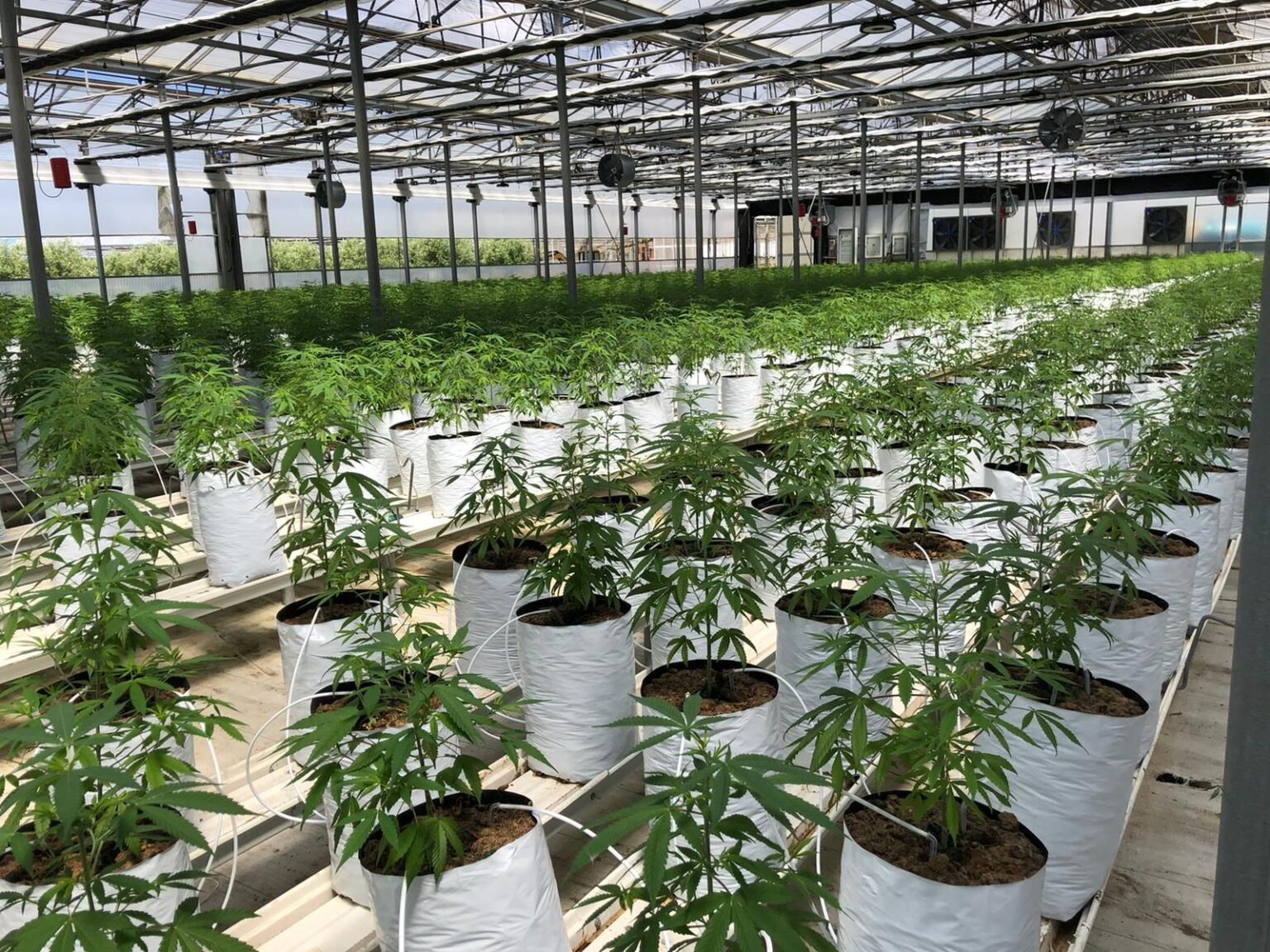More than 270 Spanish companies in the CBD sector have launched an informational campaign aimed at clarifying fundamental concepts, debunking myths, and highlighting the economic impact of this industry in the country. This effort arises in response to the confusion and ambiguity surrounding the debate about CBD and legal cannabis, where products like cannabidiol have been mistakenly associated with controlled substances.
The National Union of Hemp Companies (UNEC) is leading this initiative to provide accurate information and promote greater transparency in the sector. Currently, there are 271 companies in Spain dedicated to hemp and CBD, which generate 2,298 direct jobs and operate over 500 physical stores, in addition to online sales channels and pharmacies. These companies have invested more than 35 million euros in distribution and development infrastructure, generating estimated revenues of 81 million euros in 2022. Moreover, the legal cannabis sector contributed 132 million euros in taxes and contributions in that same year.
Despite this growth, the sector faces a constantly evolving legal framework, creating operational and reputational uncertainties among workers and consumers. With this new campaign, UNEC aims to clarify misunderstandings and provide a more solid understanding of products derived from industrial hemp.
To facilitate public understanding, a basic glossary related to the sector has been presented. CBD is a non-psychoactive natural compound found in various forms, such as oils and cosmetics. In contrast, THC, the psychoactive component of marijuana, is illegal in Spain and is present in minimal concentrations in industrial hemp, which is legally cultivated in many EU countries.
The campaign also addresses common misconceptions about CBD. One myth being debunked is the idea that its consumption serves as a gateway to recreational cannabis use, as recent studies suggest it has not increased consumption among young people. Additionally, it clarifies that CBD does not operate in a legal void; various court rulings have already established its legality in Europe, and the stores selling it are subject to regulated standards.
This is just the first phase of a campaign that will extend over the coming weeks, featuring new publications and informational materials aimed at operators, institutions, and the public at large. The goal is to contribute to a proper understanding of this emerging and promising industry.
via: MiMub in Spanish
